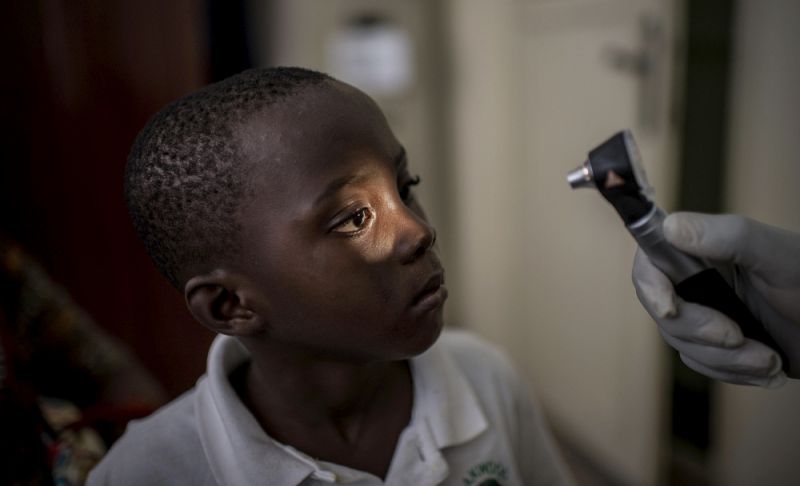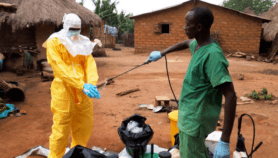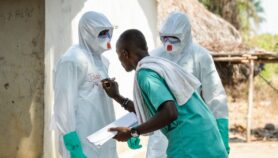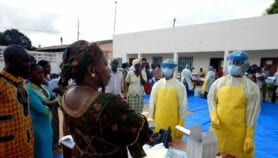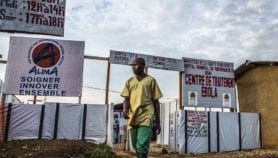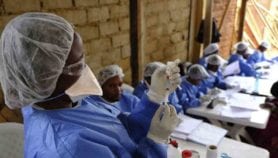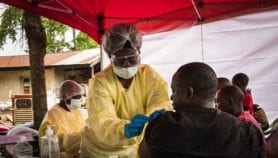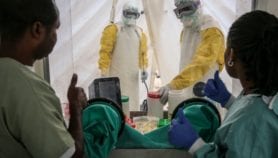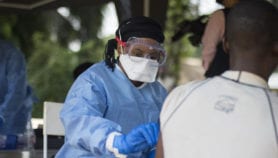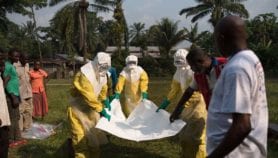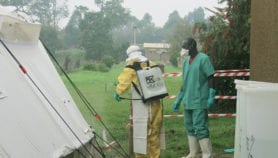Send to a friend
The details you provide on this page will not be used to send unsolicited email, and will not be sold to a 3rd party. See privacy policy.
Most Ebola survivors continue to suffer from brain impairments months after their initial infection, a study in Liberia reveals.
The study shows that the Ebola virus “penetrates into the brain and causes lasting symptoms”, says neurologist Lauren Bowen from the National Institute of Neurological Disorders and Stroke (NINDS) in the United States.
Bowen and her colleagues travelled to Liberia to examine a group of people who survived Ebola virus disease, at least six months after their initial infection, and then follow them up over time.
“A cohort study of this type is challenging to do, but is the most rigorous way to study the problems of Ebola survivors.”
Jimmy Whitworth, London School of Hygiene & Tropical Medicine, United Kingdom
“Nearly all survivors had some neurologic[al] disability,” the researchers say, listing symptoms ranging from headache and muscle pain to memory loss and depression. Two-thirds of the group had abnormal eye movement and a third had muscle tremors and reflex problems, they write.
Out of 82 patients, two were suicidal and one had “active hallucinations”, say the researchers, who will present preliminary results of the study at the annual meeting of the American Academy of Neurology, in Canada in April.
These symptoms were “striking to all physicians involved and certainly surprising in young patients”, Bowen tells SciDev.Net. The average age of those examined was around 35.
To determine whether these problems are due to Ebola, the researchers will now study a group of people who had close contact with Ebola survivors but did not catch the virus. Comparing both groups will help “tease out” if the symptoms are due to Ebola or to other infections, says neurologist Bridgette Billioux, also from NINDS. She is travelling to Liberia this week to carry out this part of the research.
The findings show “high levels of mental and neurological problems”, says Jimmy Whitworth, an infectious disease epidemiologist at the London School of Hygiene & Tropical Medicine in the United Kingdom, who praises the study as “very important”.
“A cohort study of this type is challenging to do, but is the most rigorous way to study the problems of Ebola survivors,” he says.
Since the conference abstract was submitted, the number of survivors in this study has doubled to reach 164, says Billioux. In all, about 17,000 people were infected with the Ebola virus during the recent West African outbreak and survived. Another 11,000 died of the disease.This neurological study is part of a larger research project on Ebola survivors, known as Prevail III. Several medical teams — including eye doctors, infectious disease specialists and internal medicine doctors — will study other symptoms.


